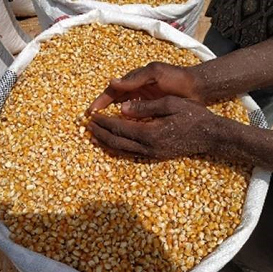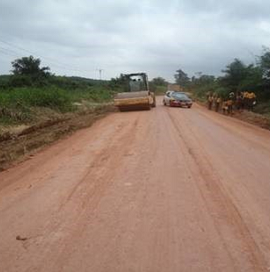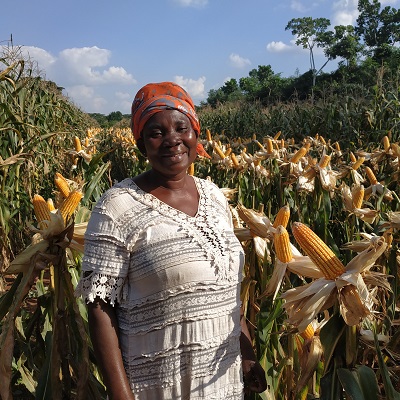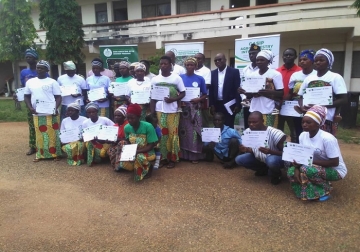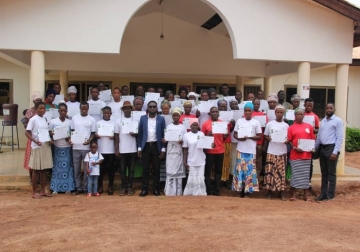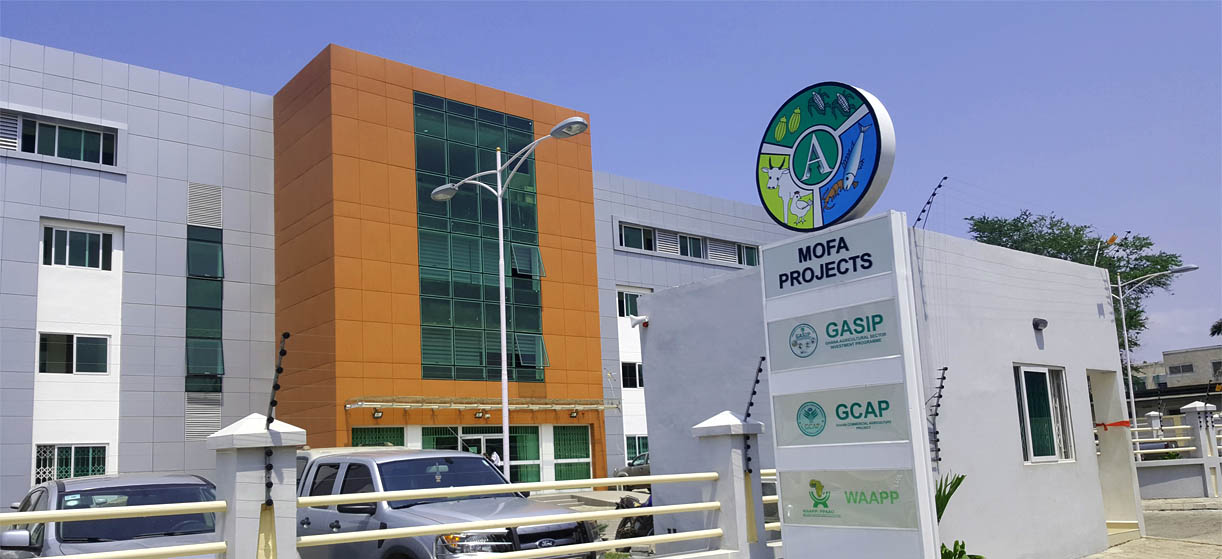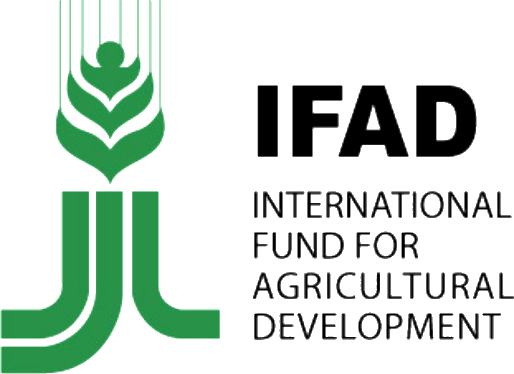Programme Beneficiaries
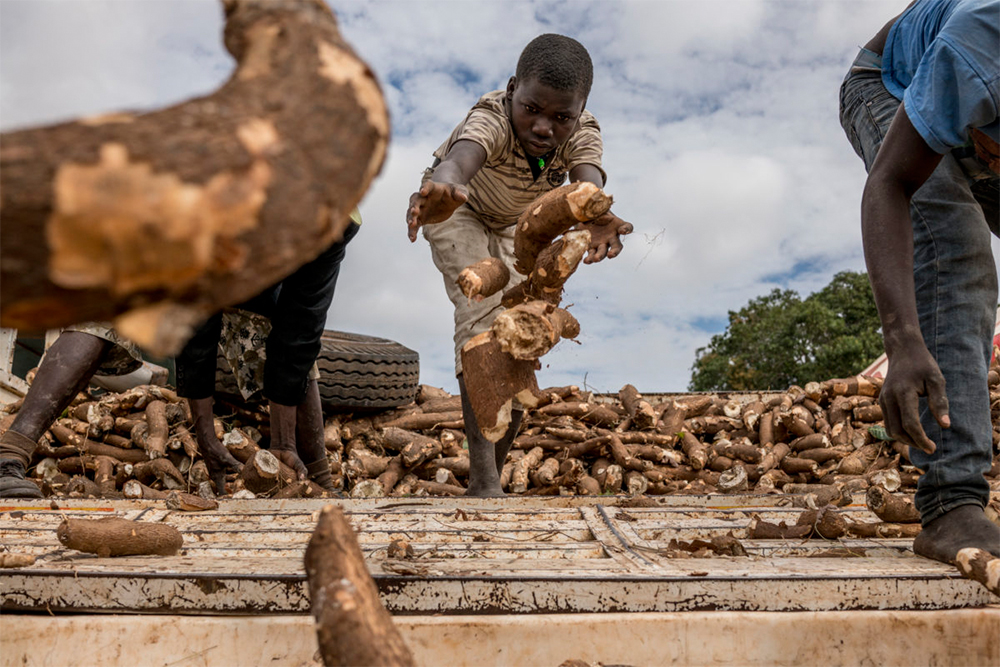
Program Beneficiary
GASIP Is Expected To Reach At Least 62,900
Clients By PY3 & 86,400 By PY6.”
The ultimate beneficiaries of GASIP are smallholder farmers and resource-poor rural people, in particular women, youth (15-24 years) and young adults (25-34 years). GASIP is expected to reach at least 62,900 clients or direct beneficiaries by PY3 and 86,400 clients by PY6. Therefore, the Programme is expected to work with 3,140 FBOs by PY3 and 4,320 by PY6. ASAP will sub-target

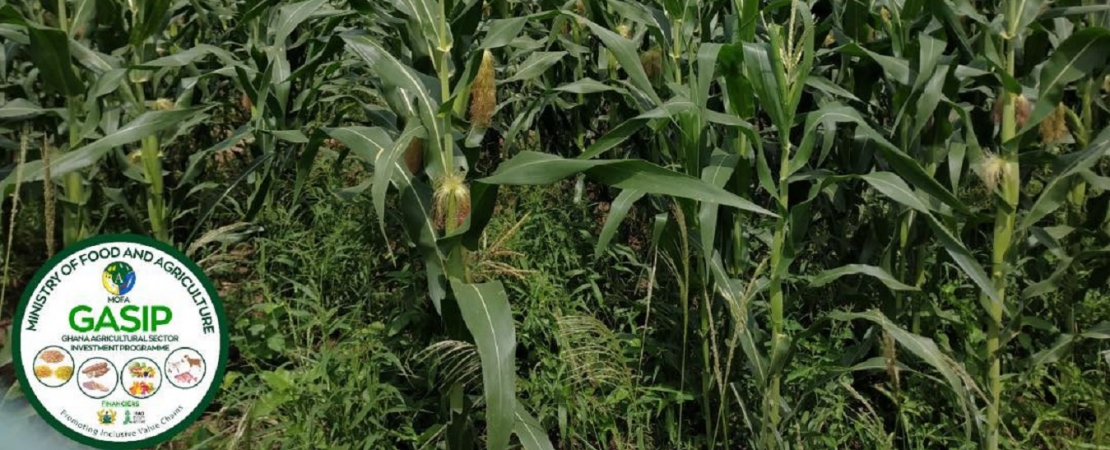 As an Extension Officer, Climate Change Champion, or a farmer, are you proud of the management of your maize field today?
As an Extension Officer, Climate Change Champion, or a farmer, are you proud of the management of your maize field today?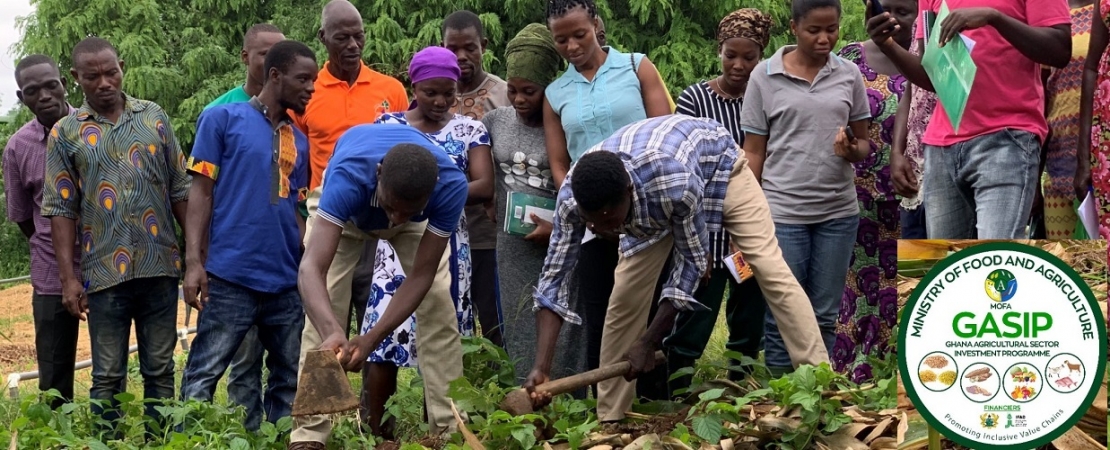 The action of a farmer can help maintain or destroy the productivity of the soil.
The action of a farmer can help maintain or destroy the productivity of the soil. 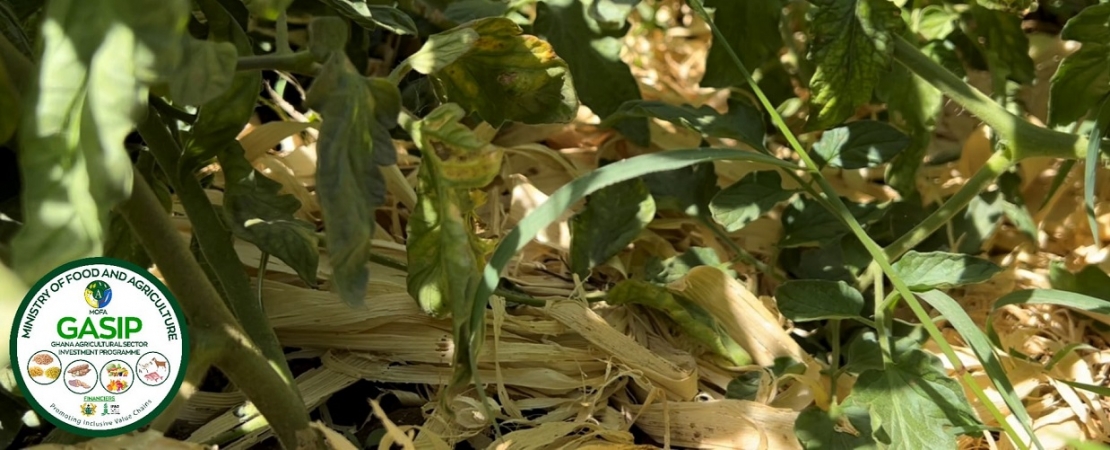 Mulching creates pleasant conditions for crop growth, especially for dry season cropping.
Mulching creates pleasant conditions for crop growth, especially for dry season cropping. 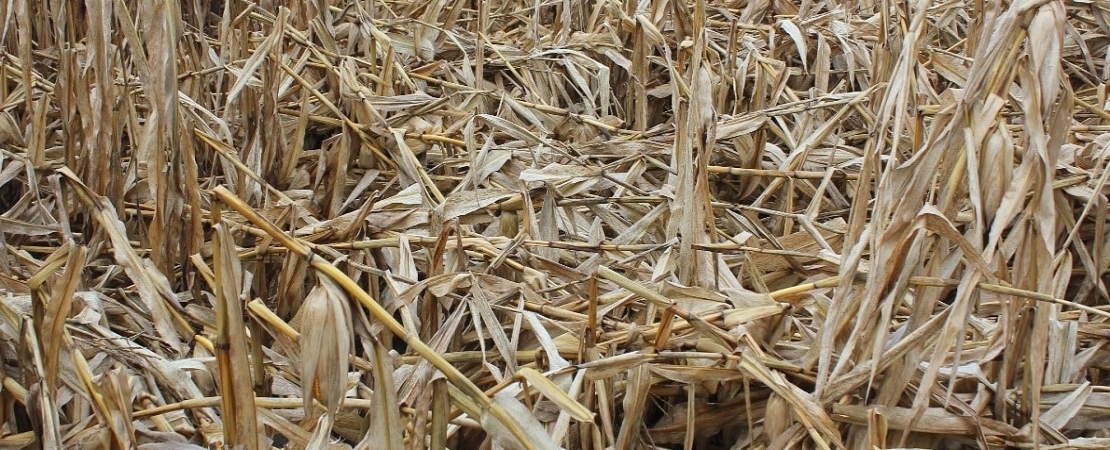 Let’s join hands to save the environment.
Let’s join hands to save the environment. 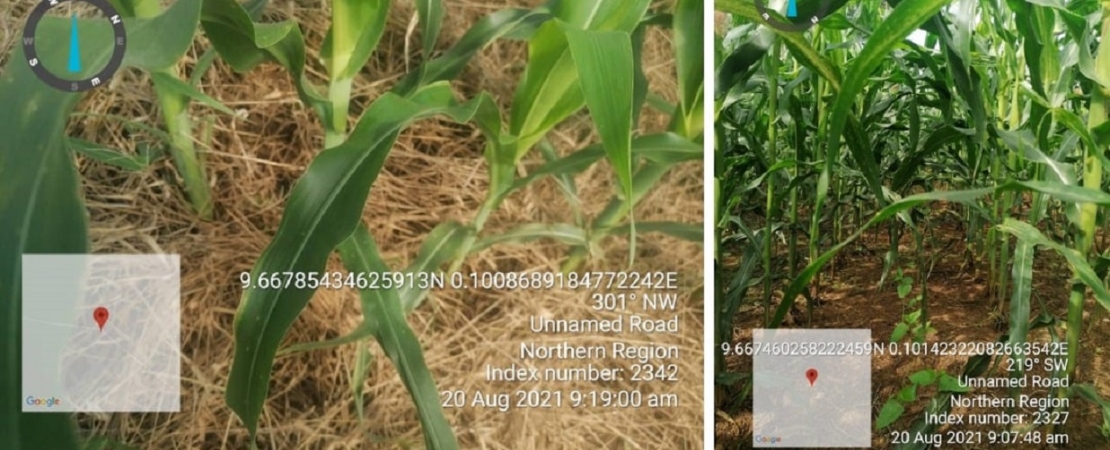 Maintenance of soil cover (using either a previous crop residue or specifically growing a cover crop for this purpose)
Maintenance of soil cover (using either a previous crop residue or specifically growing a cover crop for this purpose)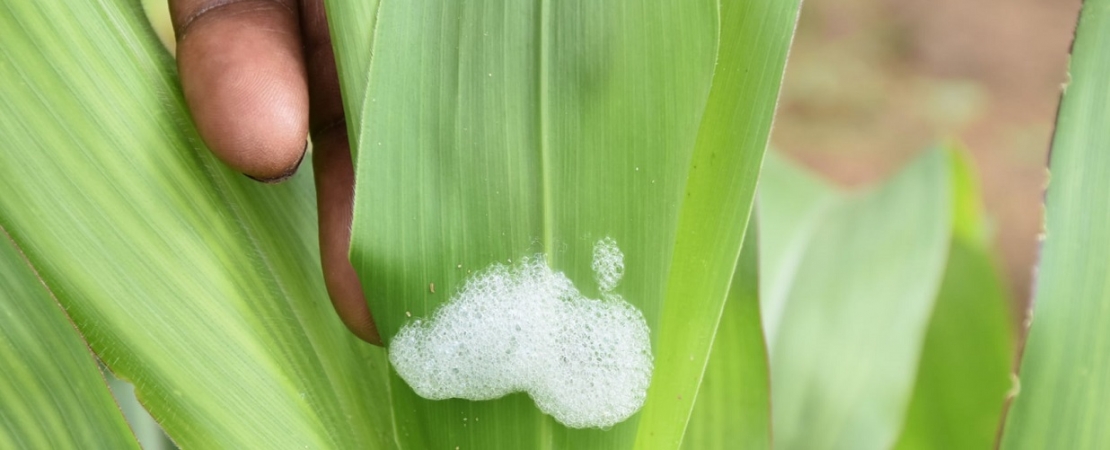 Let’s work together as we help farmers fight FAW on their fields.
Let’s work together as we help farmers fight FAW on their fields. 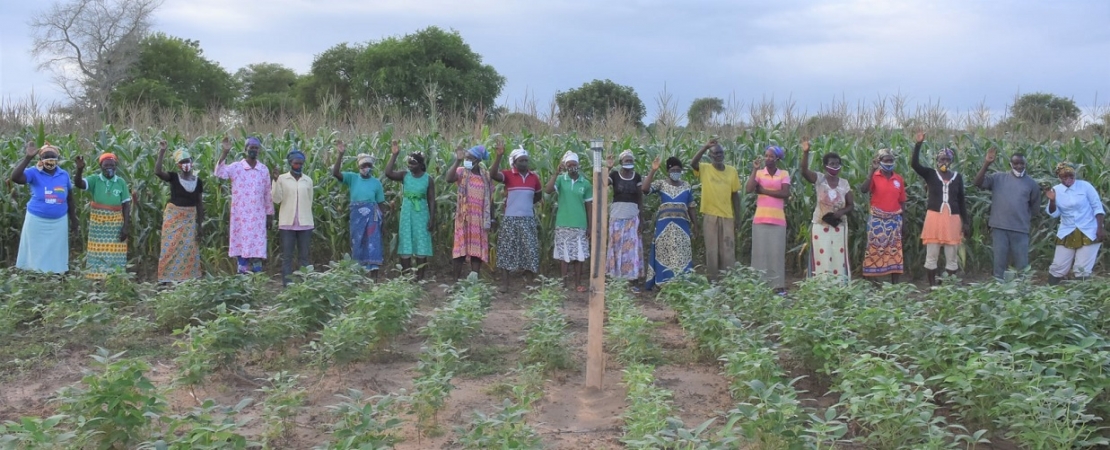 GASIP needs you alive.
GASIP needs you alive.  GASIP has now developed a model that enables IFAD funds benefit the smallholder farmer directly
GASIP has now developed a model that enables IFAD funds benefit the smallholder farmer directly  The 2019 result of GASIP is admirable, knowing where we are coming from.
The 2019 result of GASIP is admirable, knowing where we are coming from. 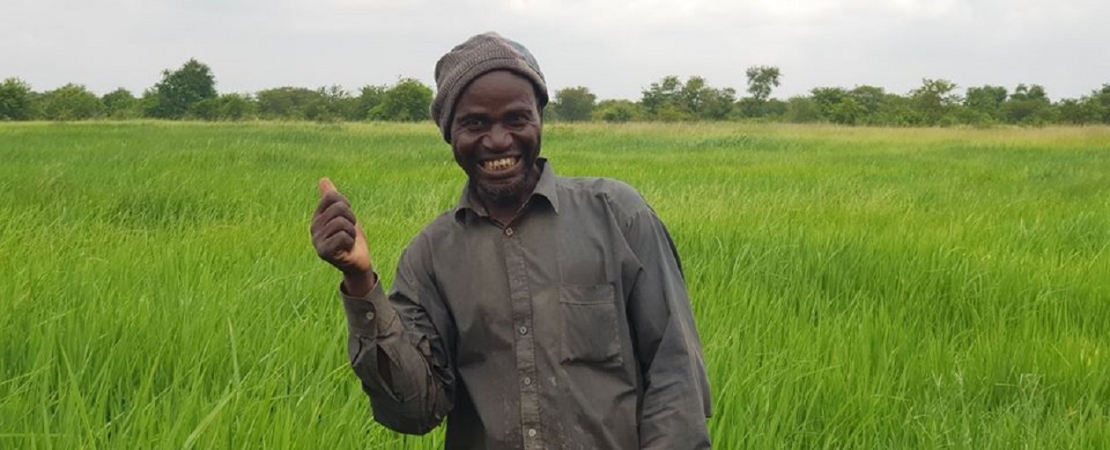 A beneficiary farmer on his rice farm in Gaa with a thumb up for the inputs received from GASIP
A beneficiary farmer on his rice farm in Gaa with a thumb up for the inputs received from GASIP 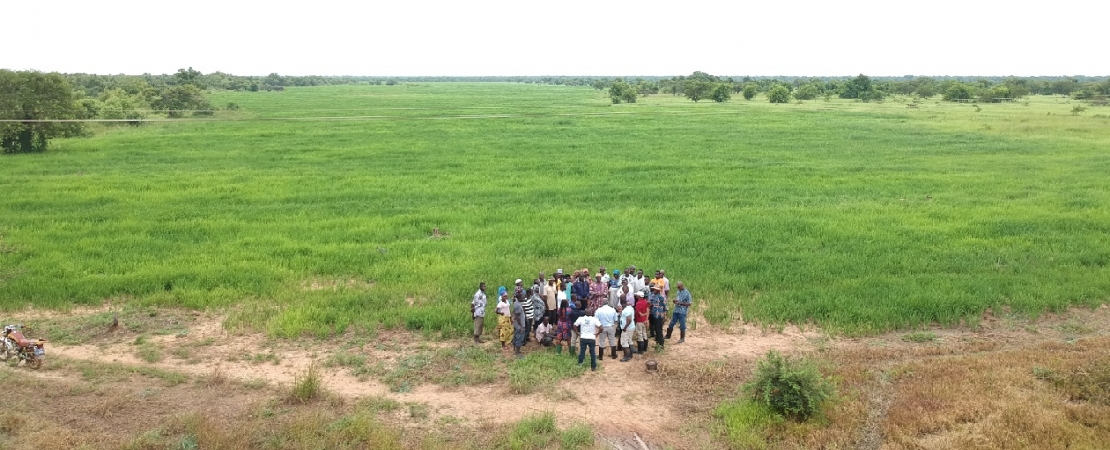 Monitoring Smallholder Farmer's rice block-farm at Gaa.
Monitoring Smallholder Farmer's rice block-farm at Gaa. 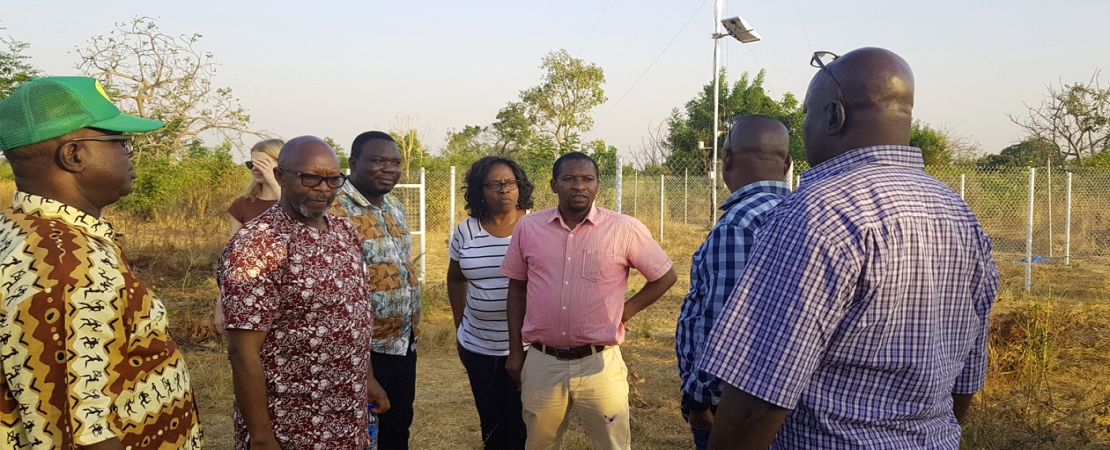 Installed at Tampoe in Jirapa District
Installed at Tampoe in Jirapa District  0
0  1
1  2
2  3
3  4
4  5
5  6
6  7
7  8
8  9
9  10
10  11
11 